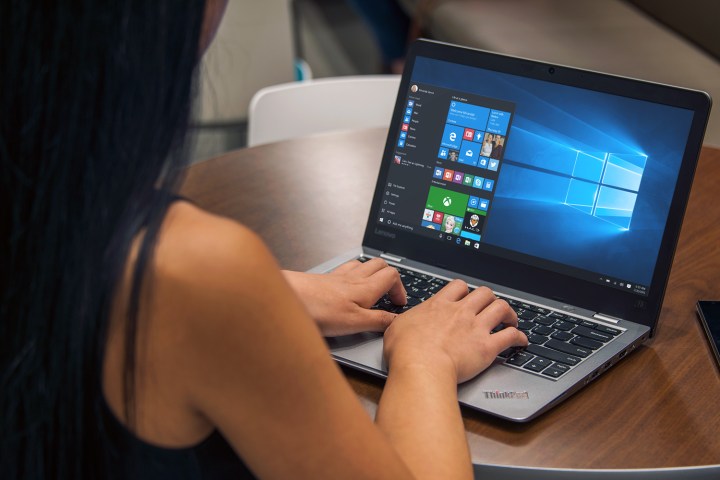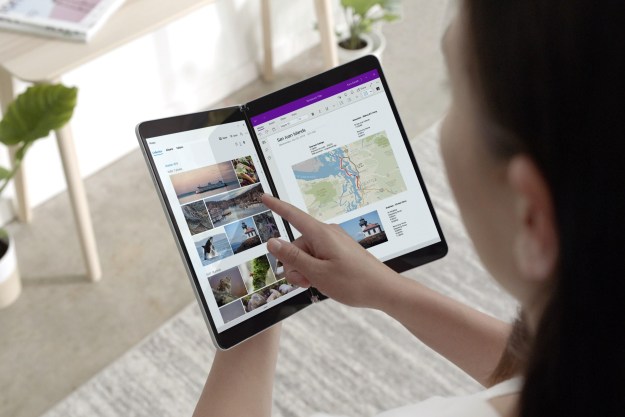
The Swiss Federal Data Protection and Information Commissioner (FDPIC) had been investigating Windows 10 since 2015. The regulator had concerns over how user data was being processed by the operating system and how this wasn’t being addressed due to shortcomings in the law.
The government agency concluded its investigation on Wednesday and said Microsoft made a number of proposals to try and appease the regulator, which the FDPIC agreed to. According to the agency, Microsoft will issue two new software updates in 2017 to meet these demands. “There is therefore no need for court proceedings,” it said.
The FDPIC had taken umbrage with Windows 10’s “quick access” for installation, which automatically commenced most data transfers to Microsoft (perhaps without users fully realizing). This data included location information, browsing history, keystrokes, and Wi-Fi connections. It had also determined that the customize settings features were not transparent.
A spokesperson for Microsoft told Reuters that it is “committed to complying with all applicable laws in the countries in which we offer our services and products.”
The company provided no specifics on what changes will be made in the forthcoming software updates in order to be more “transparent.”
The FDPIC, on the other hand, said the updates will give users more awareness during the installation process of what data will be gathered.
The agreement with the FDPIC could ultimately become an important one as it may become a blueprint for future data processing investigations. “In future investigations, the FDPIC will use the Microsoft solution as a benchmark in assessing data processing procedures,” it said.
This is the latest tussle for Microsoft in Europe over how Windows 10 handles data. Last summer, the French data protection regulator CNIL excoriated Microsoft for the amount of data it was scooping up. In the U.S., the operating system has been regularly pilloried by privacy advocates, including the Electronic Frontier Foundation, which said it violates privacy as well as consumer choice rights.
Editors' Recommendations
- Windows 11 tips and tricks: 8 hidden settings you need to try
- Windows 11 vs. Windows 10: finally time to upgrade?
- The best Windows apps for 2023
- Ranking all 12 versions of Windows, from worst to best
- ChatGPT can now generate working Windows 11 keys for free


